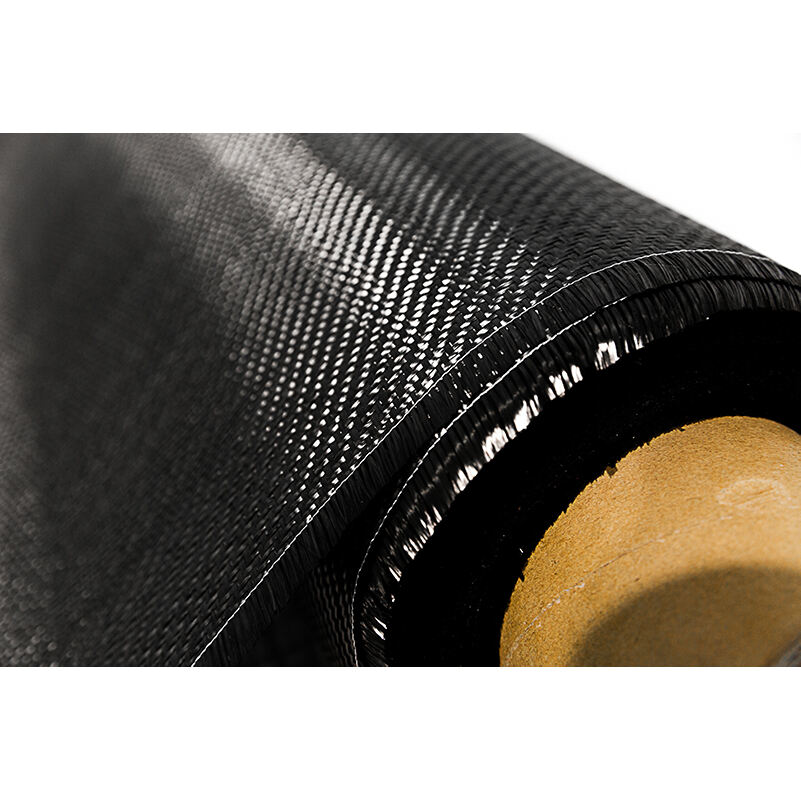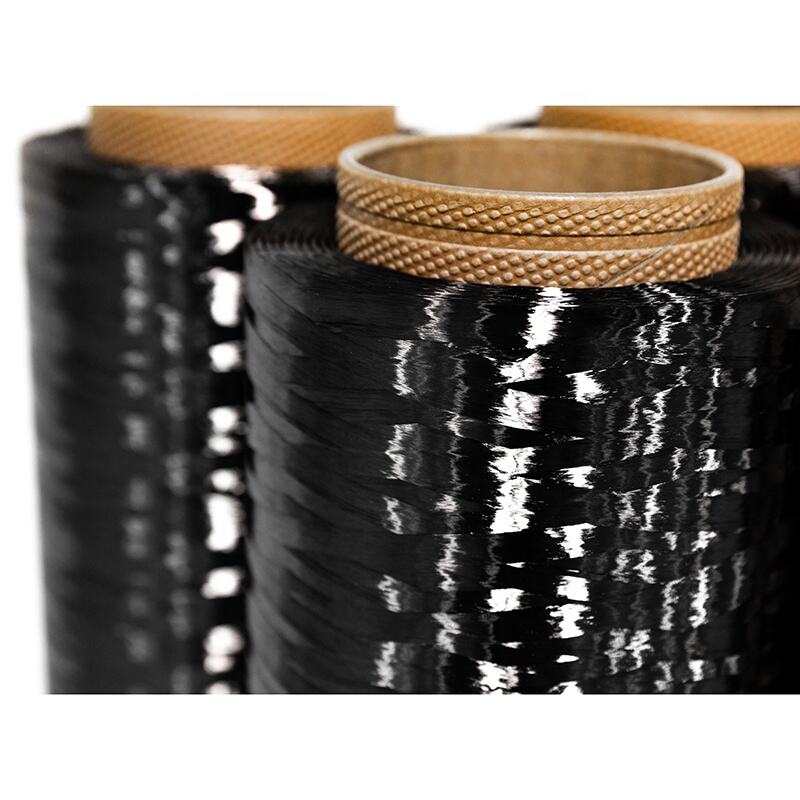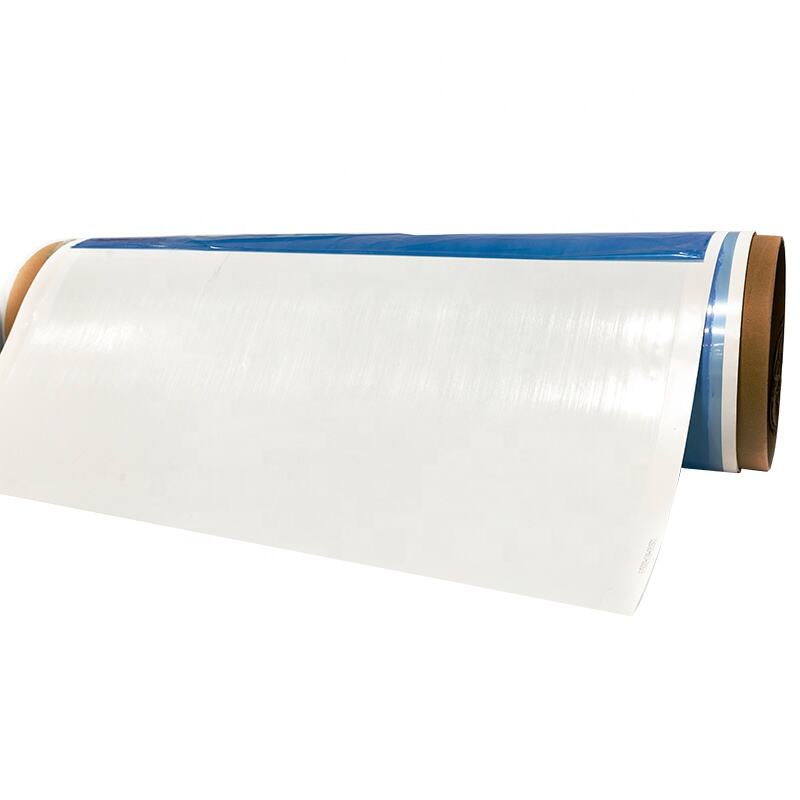carbon panels
Carbon panels represent a groundbreaking advancement in construction and engineering technology, offering an innovative solution for various structural applications. These lightweight yet incredibly durable panels are manufactured using advanced carbon fiber composites, creating a material that combines exceptional strength with remarkable versatility. The panels feature a sophisticated layered structure, where carbon fibers are precisely arranged and bonded with high-performance resins to achieve optimal mechanical properties. This engineering marvel results in panels that demonstrate superior tensile strength, excellent thermal resistance, and outstanding durability while maintaining a fraction of the weight of traditional materials. The panels undergo rigorous quality control processes, including advanced thermal curing and precision cutting, ensuring consistent performance across various applications. They find extensive use in aerospace, automotive, construction, and renewable energy sectors, where their combination of strength, lightweight properties, and resistance to environmental factors makes them invaluable. The panels can be customized in terms of thickness, size, and fiber orientation to meet specific project requirements, offering unprecedented flexibility in design and implementation.


